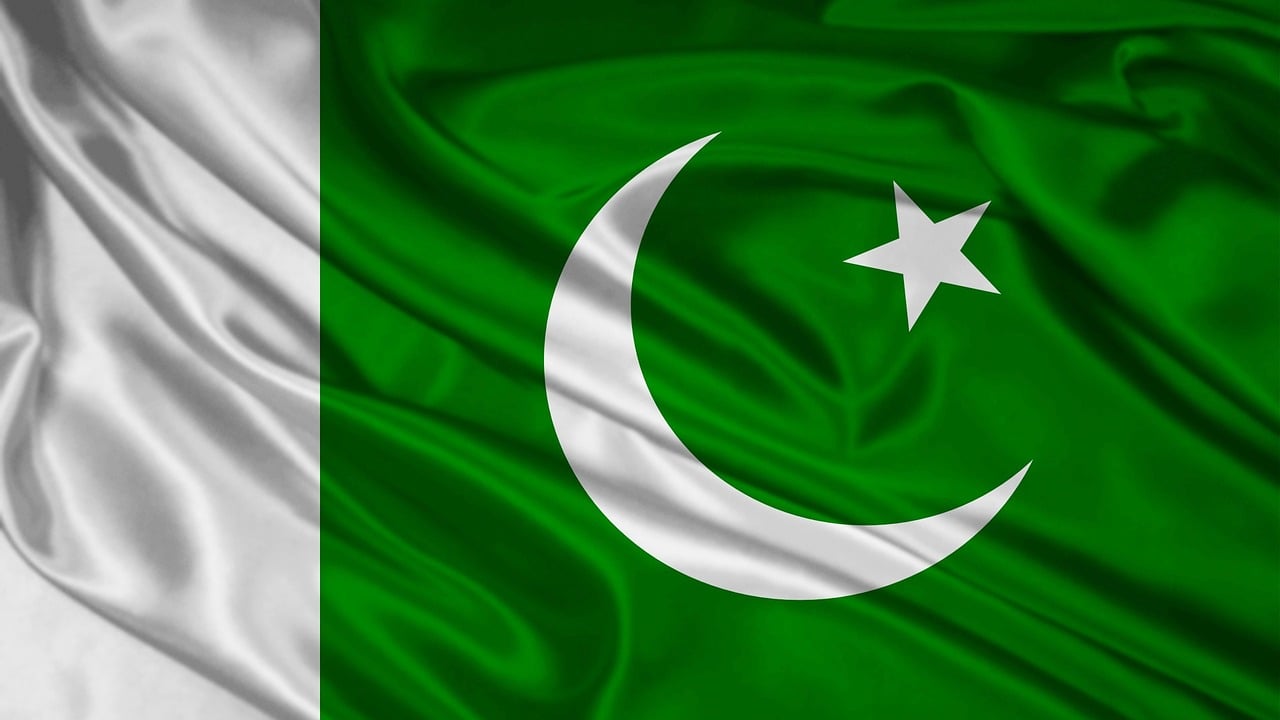Pakistani Information Minister Fawad Chaudhry announced on Thursday that the country plans to send a human to space for the first time in 2022. China will help the country’s space agency send the Pakistani astronaut to space.
China to help send Pakistani astronaut to space
Chaudhry’s announcement about sending a Pakistani astronaut to space with China’s help comes ahead of Prime Minister Imran Khan’s first visit to Beijing. The space mission was approved during a federal cabinet meeting chaired by PM Khan, according to Pakistani newspaper The News.
According to the information minister, the Pakistan Space and Upper Atmosphere Research Commission (SUPARCO) signed an agreement with a Chinese company to send the Pakistani astronaut to space.
Pakistan sent two indigenously-built satellites into orbit earlier this year using a Chinese launch vehicle. In 2016, the two countries entered into an agreement to develop the first ever Pakistani remote sensing satellite system (PRSS-1).
The satellites launched earlier this year were carried by a Chinese Long March (LM-2C) rocket from the Jiuquan Satellite Launch Centre in the Gobi Desert, China. One of the satellites was the PRSS1. The second was a PAK-TES-1A developed by SUPARCO. The PAK-TES-1A was launched to boost the country’s satellite manufacturing capabilities and help end Pakistan’s dependence on commercial satellites for information on weather, agriculture and the environment.
A race with India
Pakistan’s plan to send an astronaut to space comes the same year India announced plans to launch its own manned space mission. However, the difference is that India’s mission will be fully handled by the Indian Space Research Organization, while Pakistan’s mission is dependent on Chinese help. Indian Prime Minister Narendra Modi announced the mission in his Independence Day speech.
“We have resolved that by 2022, when India celebrates 75 years of Independence or maybe even before that, certainly some of our young boys and girls will unfurl the Tricolour in space,” Modi said then.
If India achieves this milestone, it will be the fourth nation in the world to do so, but now Pakistan is also in the race for fourth place. China became the third nation after Russia and the U.S. to independently develop manned spaceflight. Beijing launched its first manned space mission in 2003.
Pakistan secures Saudi funding but needs more
PM Khan is scheduled to visit China on Nov. 3, when he will meet Premier Li Keqiang and President Xi Jinping. During his visit to China, the two countries plan to review their bilateral relations and sign agreements in several fields. After Beijing, Khan will visit Shanghai for the First China International Import Expo.
His trip to China is important for Pakistan’s effort to get fresh loans to avert the economic crisis it’s facing. On Wednesday, Khan said they are in talks with two “friendly nations” for loans. Experts believe one could be China.
Earlier this week, Saudi Arabia promised a $6 billion rescue package to Pakistan. Saudi Arabia will give $3 billion in foreign currency support for a year and a loan of up to $3 billion in deferred payments for oil import.
“We were highly pressurised into paying heavy debts. But thanks to Saudi Arab’s extension of assistance, we are out of the pressure,” Mr. Khan said in a public address on Wednesday.
Further, he said that the country was “at the brink of becoming defaulters” and had two options: seek funds from the International Monetary Fund or accept help from friendly nations. An IMF bailout would come with stricter terms that could “crush our poor strata of society. But now we are in a better position,” he added.
Despite the Saudi support, many believe the country will still need an IMF bailout to get out from under the payment crisis. An IMF delegation is scheduled to visit Pakistan on Nov. 7 to discuss the bailout package.
Recently, Finance Minister Asad Umar noted the country could need over $12 billion to avert a financial crisis as its foreign-currency reserves drop and the current account deficit widens. Since December, the country has devalued its currency several times, while its reserves have plummeted more than 40% this year to $8.1 billion.





